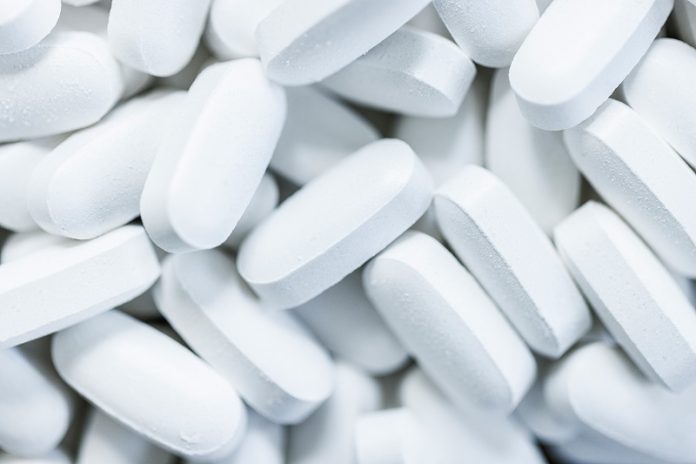
Cinnamon is one of the world’s most popular spices, known for its sweet, warm flavor and long history in both cooking and traditional medicine.
But new research suggests that large amounts of cinnamon, especially in supplement form, could interfere with how prescription drugs work.
Researchers at the University of Mississippi’s National Center for Natural Products Research found that cinnamaldehyde, the main compound in cinnamon, can trigger receptors in the body that control how quickly medications are cleared out. Their study was published in Food Chemistry: Molecular Sciences.
“Overusing supplements without a doctor’s knowledge could lead to medications being cleared from the body too quickly, making them less effective,” said Dr. Shabana Khan, one of the study’s lead researchers.
While adding a dash of cinnamon to your coffee or oatmeal is unlikely to cause harm, taking highly concentrated cinnamon supplements might.
Cinnamon has been praised for health benefits like lowering blood sugar, improving heart health, and reducing inflammation. But researchers say we don’t yet fully understand how it interacts with prescription medicines.
“We needed to look at how cinnamaldehyde is absorbed, metabolized, and how it interacts with the body’s drug-processing systems,” Khan said.
Not all cinnamon is created equal. Cassia cinnamon, the kind most often sold in supermarkets, contains high levels of coumarin, a natural blood thinner. This could be dangerous for people taking blood-thinning medication. Ceylon cinnamon (or “true cinnamon”), from Sri Lanka, has much lower levels of coumarin, and is considered safer.
On the other hand, cinnamon oil, often used as a flavoring or topical antifungal, carries little risk of interacting with medications.
Dr. Bill Gurley, a co-author of the study, says that while the research shows potential risks, more studies—especially clinical trials in humans—are needed.
“We know cinnamaldehyde could affect drug metabolism,” Gurley said. “But we need clinical studies to know exactly how it affects people who are on medications.”
Until more research is done, the scientists recommend talking to a doctor before taking cinnamon supplements, especially for people with chronic health conditions such as high blood pressure, diabetes, cancer, asthma, obesity, depression, and HIV/AIDS.
“Supplements aren’t meant to cure or treat any disease,” Khan emphasized. “Always consult a health professional before mixing them with your prescribed medication.”
If you care about nutrition, please read studies about why vitamin K is so important for older people, and this snack food may harm your heart rhythm.
For more health information, please see recent studies about vitamin that may protect you from type 2 diabetes, and results showing this common chemical in food may harm your blood pressure.
The study is published in Food Chemistry: Molecular Sciences.
Copyright © 2025 Knowridge Science Report. All rights reserved.



